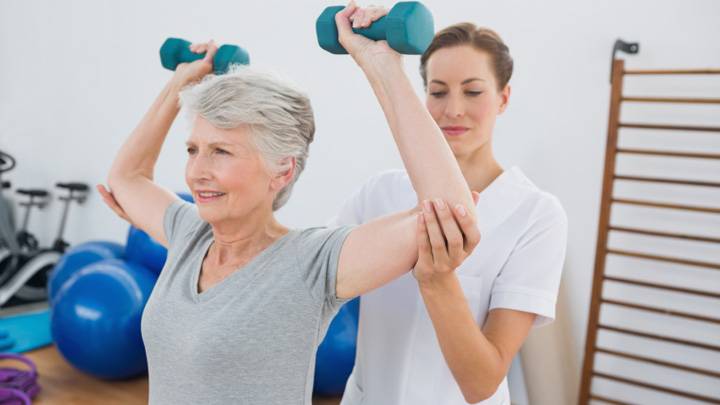As we age, regular exercise becomes increasingly important for maintaining physical and mental health. While it's recommended that adults engage in at least 150 minutes of moderate-intensity exercise per week, research suggests that even small amounts of exercise can have significant health benefits, especially for those over the age of 60.
One study found that just one hour of moderate-intensity exercise per week was associated with a 44% lower risk of death from cardiovascular disease in older adults. Other research has shown that regular exercise can help to improve balance, mobility, cognitive function, and overall quality of life in older adults.
If you're over 60 and looking to start or maintain an exercise routine, one hour per week can be a great place to start. Here's what you can expect from just one hour of exercise per week:
Improved cardiovascular health: Even moderate-intensity exercise, such as brisk walking or cycling, can help to improve cardiovascular health by strengthening the heart and reducing the risk of heart disease. Regular exercise can also help to lower blood pressure and cholesterol levels, both of which are important risk factors for cardiovascular disease.
Increased muscle strength and bone density: Resistance training, such as lifting weights or using resistance bands, can help to increase muscle strength and bone density, which can be especially important for older adults who may be at risk for falls and fractures.
Better balance and flexibility: Exercises that focus on balance and flexibility, such as yoga or tai chi, can help to improve stability and reduce the risk of falls in older adults. These types of exercises can also help to improve joint mobility and reduce stiffness, which can be especially beneficial for those with arthritis or other joint conditions.
Improved cognitive function: Regular exercise has been shown to have a positive effect on cognitive function in older adults, including improved memory, attention, and executive function. Exercise may also help to reduce the risk of dementia and Alzheimer's disease.
Reduced stress and improved mood: Exercise has long been known to have a positive effect on mental health, and this is especially true for older adults. Regular exercise can help to reduce stress, anxiety, and depression, and improve overall mood and well-being.
Of course, it's important to keep in mind that one hour of exercise per week is just a starting point. For optimal health benefits, older adults should aim to engage in at least 150 minutes of moderate-intensity exercise per week, in addition to strength training and exercises that focus on balance and flexibility. However, if you're just starting out or have limited time or mobility, one hour of exercise per week is a great way to start improving your health and well-being.
Before starting any new exercise routine, it's important to talk to your doctor, especially if you have any underlying health conditions or concerns. They can help you to determine the best types of exercise for your individual needs and limitations, and ensure that you're engaging in exercise safely and effectively.




No comments yet
Be the first to share your thoughts!